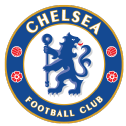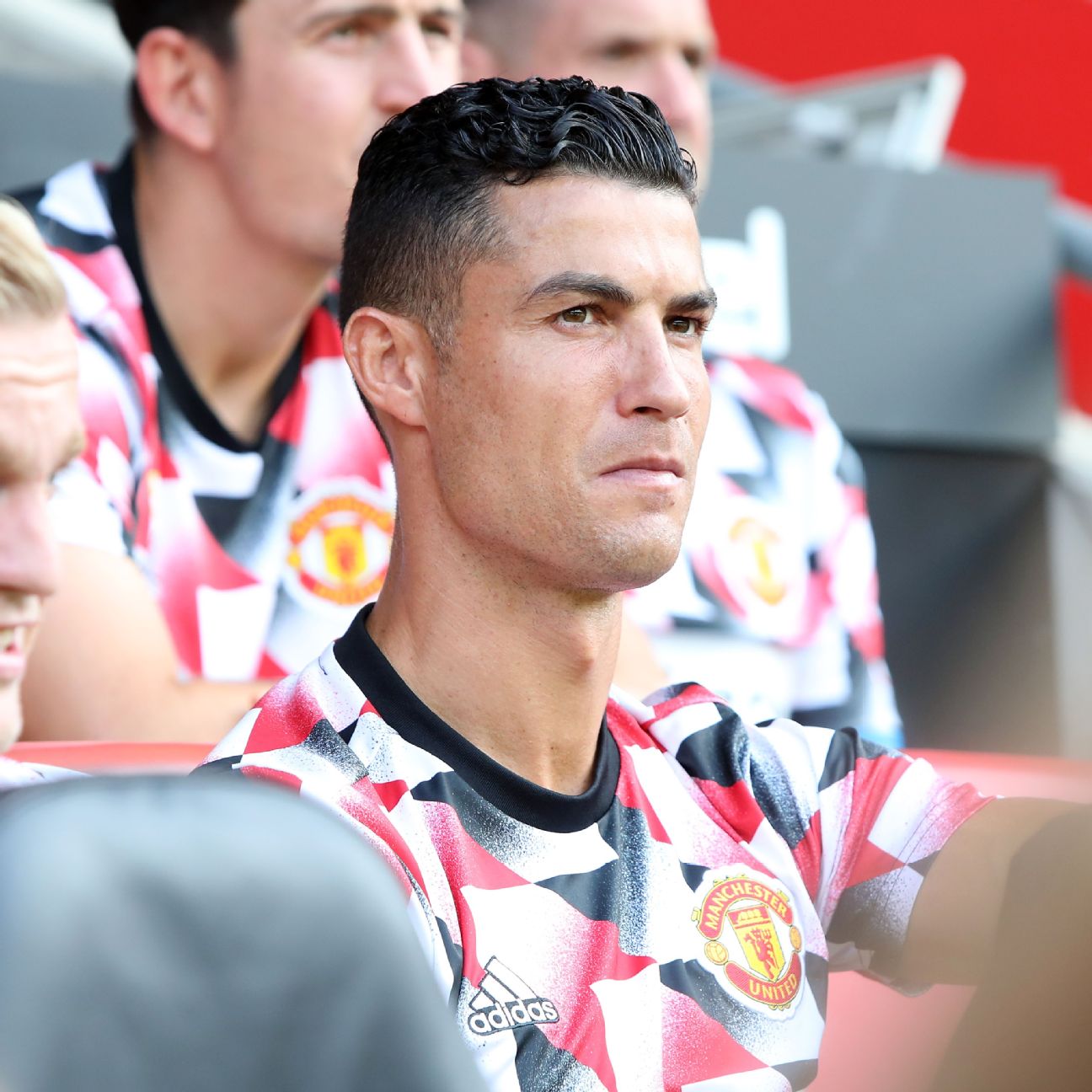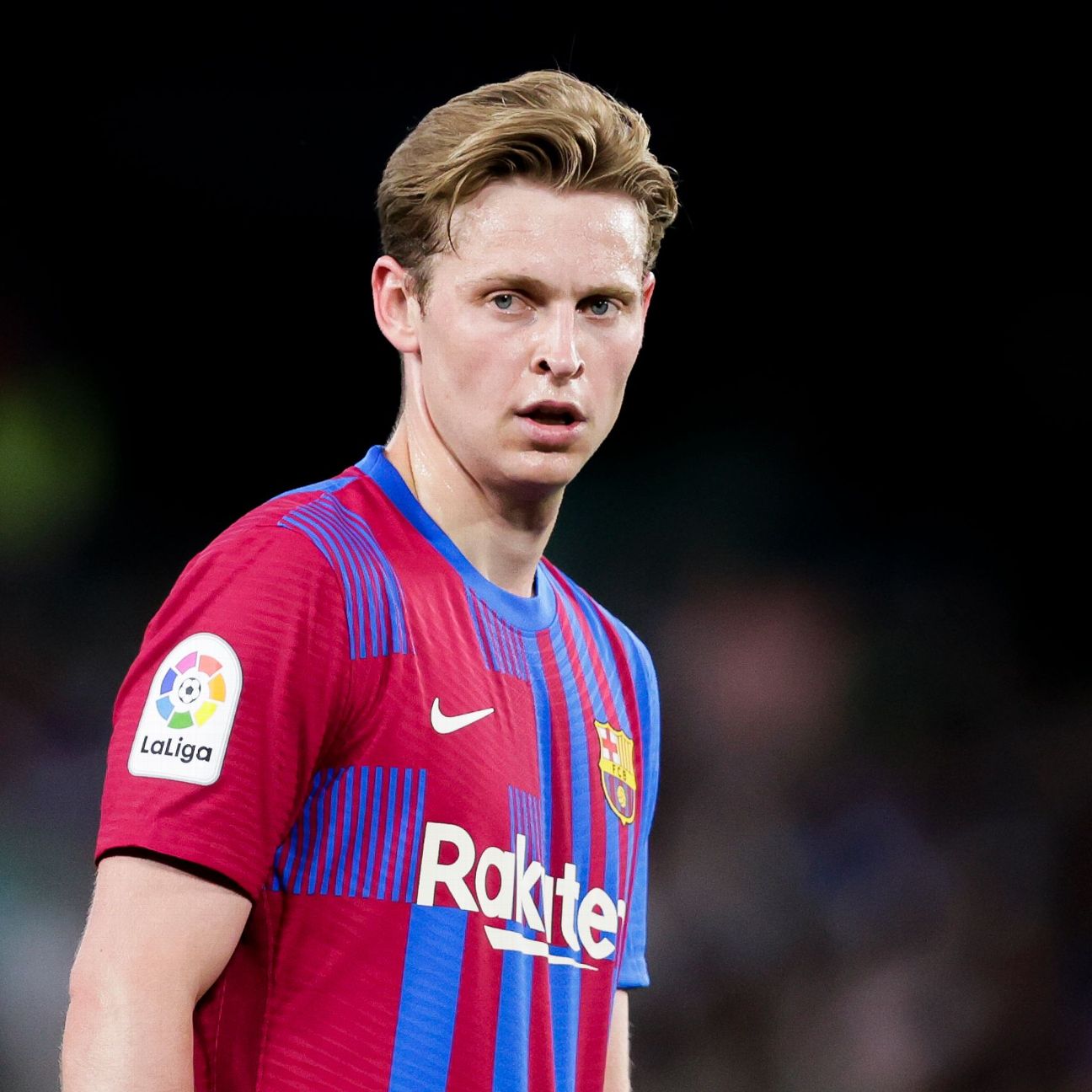The summer transfer window has been incredible, as the top clubs around Europe spent millions to try to strengthen their sides.
According to Transfermarkt, clubs across the English Premier League spent a colossal €2.24 billion during the window — the most ever — and there were some huge moves, including Antony (€95m to Manchester United), Wesley Fofana (€80m to Chelsea), Darwin Nunez (€75m to Liverpool), Casemiro (€70m to Man United) and Erling Haaland (€60m to Manchester City).
In Europe’s other top leagues, things weren’t quite as busy, but Aurelien Tchouameni (€80m to Real Madrid), Matthijs de Ligt (€77m to Bayern Munich) and Raphinha (€60m to Barcelona) topped the list. Clubs across Europe, in Italy’s Serie A (€749m), France’s Ligue 1 (€557m), Spain’s LaLiga (€505m) and Germany’s Bundesliga (€484m), spent a total of €2.67bn.
But who did well? And who did poorly?
– DONE DEALS: See all the completed moves
– Stream on ESPN+: LaLiga, Bundesliga, MLS, more (U.S.)
Winners

Barcelona
Given that the club have been trapped under astronomical debt (at its highest, €1.35 billion in March 2021), budget limitations and salary caps from LaLiga, it’s a miracle that Barcelona have managed to spend over €150m on signing the likes of Robert Lewandowski (€45m), Jules Kounde (€55m) and Raphinha (€60m). Having restructured their debt to wipe out most of the short-term liabilities, signed a few free transfers (Franck Kessie, Andreas Christensen, Hector Bellerin and imminently Marcos Alonso) and let 16 first-team players leave to free up room in the salary cap, they have finally registered all their players and can get back to concentrating on what’s happening on the pitch.
Their financial finagling has seen sizeable percentages of economical assets and future revenue (e.g. from TV and merchandising rights) sold off in return for liquidity today, while their long-term debt remains huge. The ethics of this modus operandi — basically, kicking the financial can down the road — can be discussed, but the squad looks the most competitive it has been in years. Having more or less gambled the club’s future on success, they will now need to start delivering.

Manchester City
The Premier League champions probably ended the transfer window with just one undisputable upgrade … but what an upgrade he was. With all due respect to Gabriel Jesus — who has started his Arsenal career impressively with three goals in five games — or any false No. 9 that manager Pep Guardiola may have fielded up front, Haaland is a totally different proposition. Landing the best emerging centre-forward in the world from Borussia Dortmund for just €60m looked a huge scoop in May, and even better as the weeks pass with his nine goals in five Premier League games so far. The transfers of established first-team players to Chelsea (Raheem Sterling) and Arsenal (Jesus, Oleksandr Zinchenko), plus moving on a number of under-21 players for relatively high fees (including Gavin Bazunu and Romeo Lavia to Southampton), means that City made around €200m from this summer’s transfer activities and only spent €160m.


North London
For clubs that have often been in a never-ending state of transition, doing last-minute deals, both Arsenal and Tottenham Hotspur have operated the transfer market with sense, creativity and a bit of guile this summer. Led by sporting directors Edu and Fabio Paratici respectively, the North London clubs have slowly built well-balanced squads in which deficiencies or shortcomings have been continuously addressed. Both now appear to have clear visions of their ideal ways forward, and their sensible and timely activity in the transfer period demonstrates that they’re on the right track — as evidenced by their places in the Premier League table (Arsenal, 1st: P5 W5; Spurs, 3rd: P5 W3, D2.)

Bayern Munich
Though some long-terms doubts around the departure of Lewandowski remain, there are early signs that the €32m arrival of Sadio Mane — despite the players’ differering technical characteristics — will make up for the loss of Bayern Munich‘s relentless goal scorer. While the arrival of De Ligt (€77m from Juventus) should shore up their defensive stability for the foreseeable future, the signing of Stade Rennais‘ 17-year-old Mathys Tel — with his unpredictability, versatility and creativity in the last third — is likely to uphold their attacking fluidity in the years to come. Ryan Gravenberch, 20, a highly rated midfield prodigy (€18.5m from Ajax), is set for a great future too. From both an immediate and long-term perspective the German giants have recruited sensibly and strategically — to a net spend of just €34m — and with no other significant departures other than Lewandowski, their dominance in Germany shows no sign of waning anytime soon.
1:47
James Olley questions whether Pierre-Emerick Aubameyang fits Thomas Tuchel’s style of pressing the ball from the front.
Neutral

Chelsea
By replacing centre-backs Andreas Christensen and Antonio Rudiger with Kalidou Koulibaly (€40m) and Fofana (€40m), theoretically Chelsea shouldn’t be any worse off defensively than last season.
The arrival of Sterling (€56.2m) and Aston Villa‘s 18-year-old central midfielder Carney Chukwuemeka (€18m) might also turn out to be a masterstroke. Having let Romelu Lukaku (loan to Inter Milan) and Timo Werner (€20m to RB Leipzig) go, while harbouring significant financial resources courtesy of the club’s new ownership, one would have expected Chelsea to strengthen the centre of their attack with more than a last-minute addition of Pierre-Emerick Aubameyang, a €12m deal which looks rather like a knee-jerk reaction to their poor start to the season.

The newly promoted club have brought in 21 new faces — an English record — in an effort to make sure their return to the Premier League is not a brief one. In excess of €150m — a spending spree almost unparalleled for a team coming up from the Championship — has brought Forest a blend of respectable performers from European clubs, with Atletico Madrid left-back Renan Lodi (loan) arguably the most prominent arrival, plus some established Premier League profiles in the shape of Dean Henderson, Jesse Lingard and Morgan Gibbs-White. In the short term, this might give manager Steve Cooper more of a selection problem than a clear idea of how he’s going to mastermind the club’s survival this season. But it’s been fun to watch.
1:39
Janusz Michallik debates the future of Cristiano Ronaldo after the forward was used as a substitute vs. Southampton.
Losers

Having appeared disgruntled for most of preseason and with a desire to leave for a club playing Champions League football, the 37-year-old superstar faces some interesting months at Old Trafford. Though manager Erik ten Hag might still be some distance away from finding the right tactical balance, or even his best XI, few believe that Ronaldo holds the key to either. As proven this summer, no matter what past achievements, persona or reputation, Ronaldo might struggle to find the right sporting opportunity in an increasingly value-driven, age-obsessed European transfer market once it opens again in January.

Leicester
Renowned for their analytical and creative approach to recruitment, Leicester are normally on the front foot when the transfer window opens, despite having their recent ability to act compromised by financial fair play restrictions. This was especially key this summer, partly to mitigate the loss of Fofana — though the deal materialised late, it looked likely to happen for weeks — and also to start rebuilding a team ripe for rejuvenation, with key players on expiring contracts. Yet with only one major signing (Wout Faes to replace Fofana) their window has failed to deliver, as well as being “the most unsettling of his career,” according to manager Brendan Rodgers. With just one point from a possible 15, Leicester are already drawn into a relegation battle that looked unlikely at the end of last season.

“Make sure to keep your players happy” — especially those whom you depend on — is one of the most basic rules of football management, and one that doesn’t need any further explanation. While the elegant Netherlands midfielder may have got his wish of staying in LaLiga, the events of this summer — be it marginalisation or alleged broken promises (all played out in the media) — would usually make for a toxic mix on which relationships are demolished, not built. Oddly, despite the club’s insistent effort to offload De Jong this summer, he has featured in the club’s opening three league fixtures.
